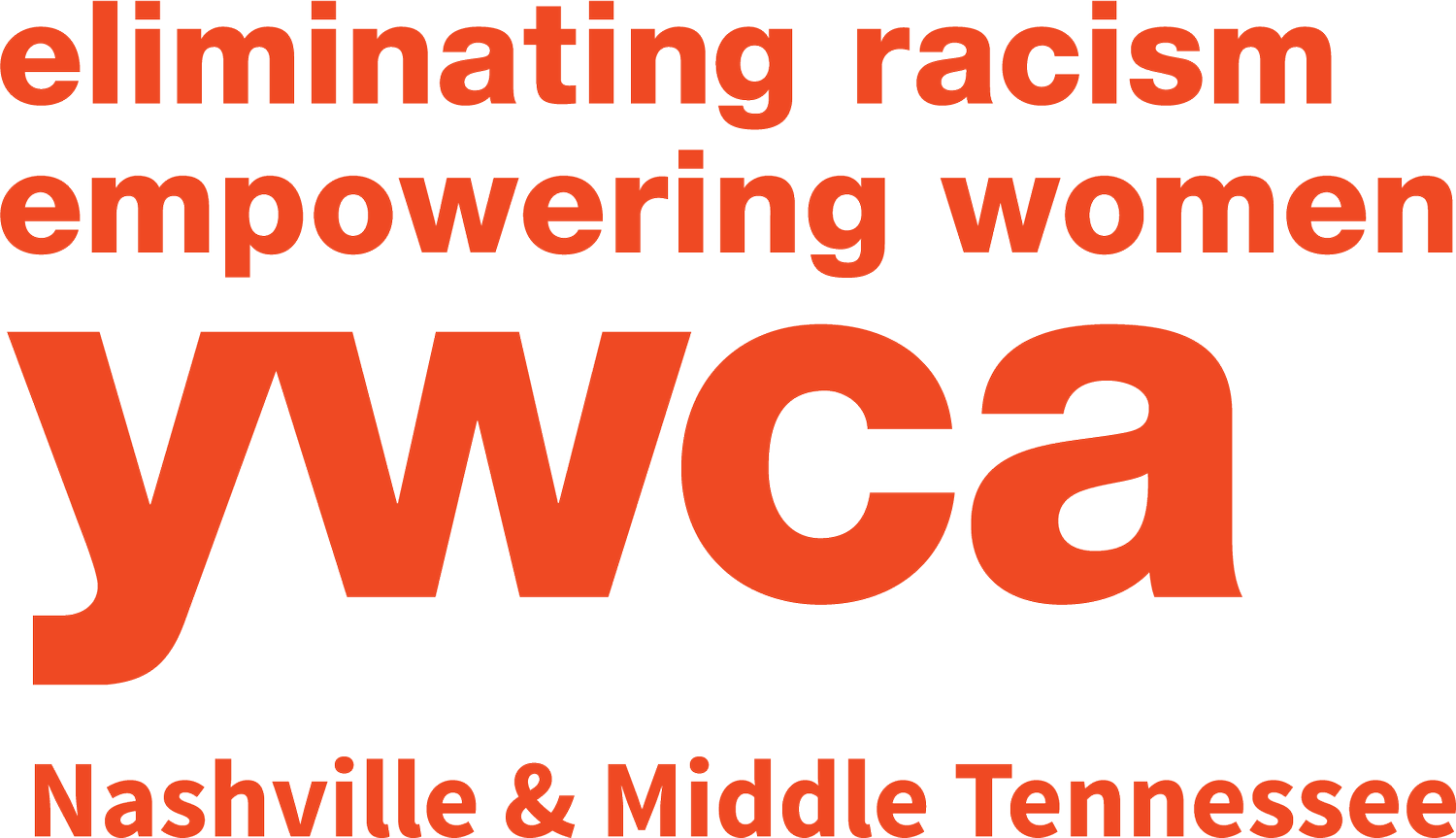Domestic violence: Nashville shelter expands to house more victims fleeing abusive homes (Tennessean)

With her husband's hands around her throat, Mary Jones cried out for her son as he screamed, "Let my mama go!"
She had sent her two children down the hall to retrieve their shoes so they could leave.
"I’m thinking, this is going to be my last breath, and if he kills me, he’s going to kill my children," Jones said. Letting go of her neck, Jones' husband sprinted outside and slashed her tires before taking off in his truck.
Jones told her kids, "We're leaving on rims. Get in the car."
Jones and her two children are domestic violence survivors. They fled to Tennessee from their abusive Texas home a little over a decade ago.
She says her husband was arrested, but she dropped the charges under pressure.
"When you’re a mother hen, you want to take care of the kids first," Jones said. "I have family here, but of course I couldn’t tell them where I was. Being homeless with very little gas in the car and no money, we definitely needed protection."
After sleeping in her car at first, Jones found YWCA Nashville's Weaver Domestic Violence Center, an emergency shelter that often operates over capacity — even though it's the largest in the state.
"We found the YWCA and stayed in the shelter. They invited us in when we needed it most," Jones said. "Then, it was all about making us whole again."
YWCA Nashville’s 51-bed Weaver Domestic Violence Center is in the process of expanding its facilities by adding 14 beds to accommodate more victims fleeing abusive homes. It aims to raise enough to fund a long-term expansion goal of 100 beds.
The Metro Nashville Police Department and Office of Family Safety began in October 2016 a Lethality Assessment Program that allows police to directly connect victims to counselors at the YWCA. Calls to the YWCA crisis line have quadrupled in the past year.
“Unfortunately, there are still individuals that do not get safe because shelter space is so limited. We’ve had to use most of our beds for more lethal situations,” said Sharon Roberson, president and CEO of the YWCA Nashville.
As one of the oldest and largest women's organizations in the nation, the YWCA empowers domestic violence survivors to take control of their lives, offering them the safety and resources they need to ensure their self-sufficiency.
"They allowed us to talk with their counselors and process what had happened," Jones said. "We were running away with what we had on our back."
After her stay in the shelter, Jones has stayed involved with the YWCA as a volunteer and community advocate, as well as serving on the board of directors.
Domestic violence is largely a gender-based crime. Women make up 84 percent of spousal abuse victims and 86 percent of victims in cases involving partners or boyfriends. Men account for 75 percent of perpetrators in domestic violence cases, according to a study by the U.S. Department of Justice.
“One in four women will be a victim of domestic violence in their lifetime," Roberson said. "Now, more than ever, people are really looking at the relationships of men and women from sexual harassment all the way to domestic violence. We have a lot of work to do in this area, both locally and nationally."
Not only is violence against women a social and public health concern, it's a financial burden on communities across the country. According to the Corporate Alliance to End Partner Violence, the health-related costs of intimate partner violence exceed $5.8 billion each year, including trips to the emergency room, mental health care, counseling and general medical expenses.
Warning signs of domestic abuse can be physical, sexual, emotional, economic or psychological and include behaviors that frighten, intimidate, terrorize, manipulate, hurt, humiliate, blame, injure or wound someone, according to the YWCA.
“It’s very important to seek people who are experts in the field," Roberson said. “Calling the crisis line, you can get someone who can really gauge your particular situation and help you make the best decisions for yourself.”
If you’re in danger, need to speak with an advocate or have a specific situation you would like to talk through, please call the YWCA’s 24-hour crisis and support helpline at 1-800-334-4628.
Reach Michael W. Aldrich at maldrich@tennessean.com. Click here to view this article on the Tennessean website.
